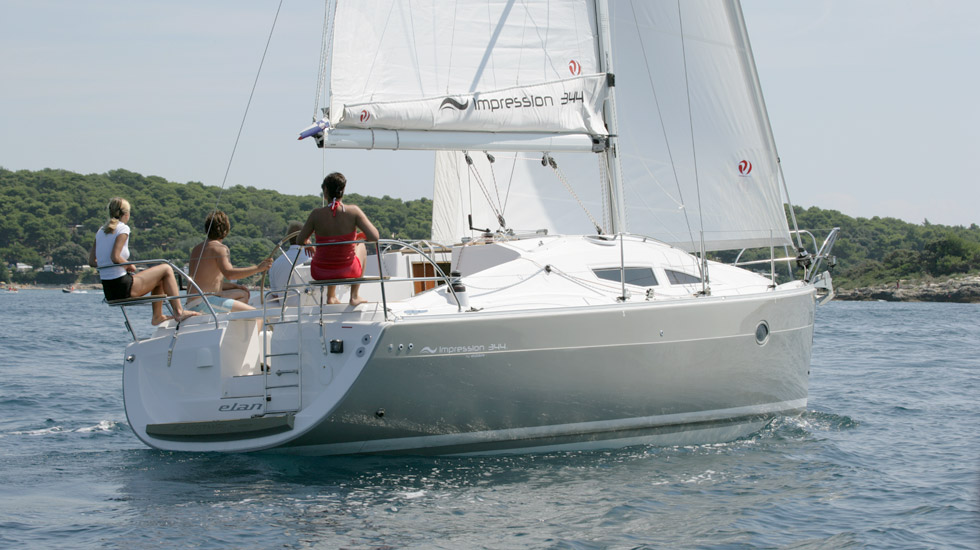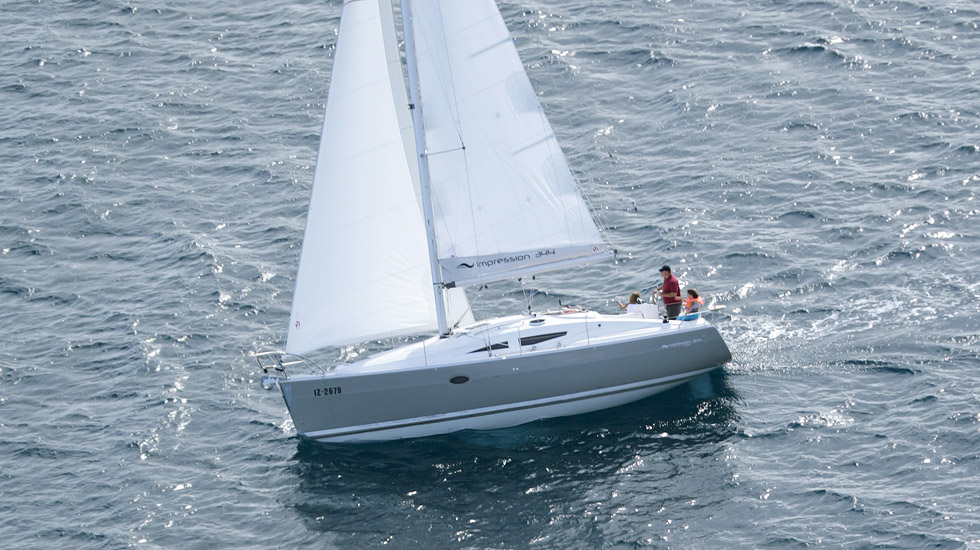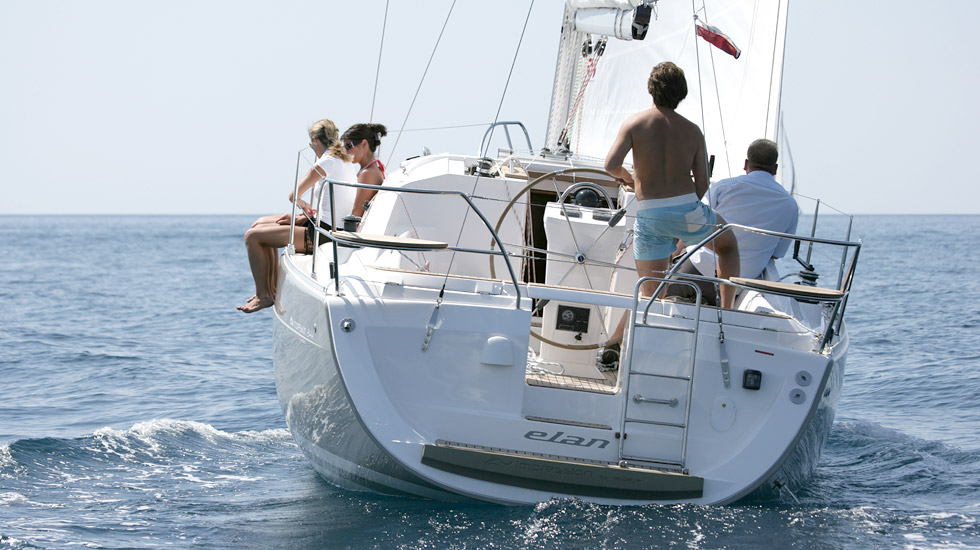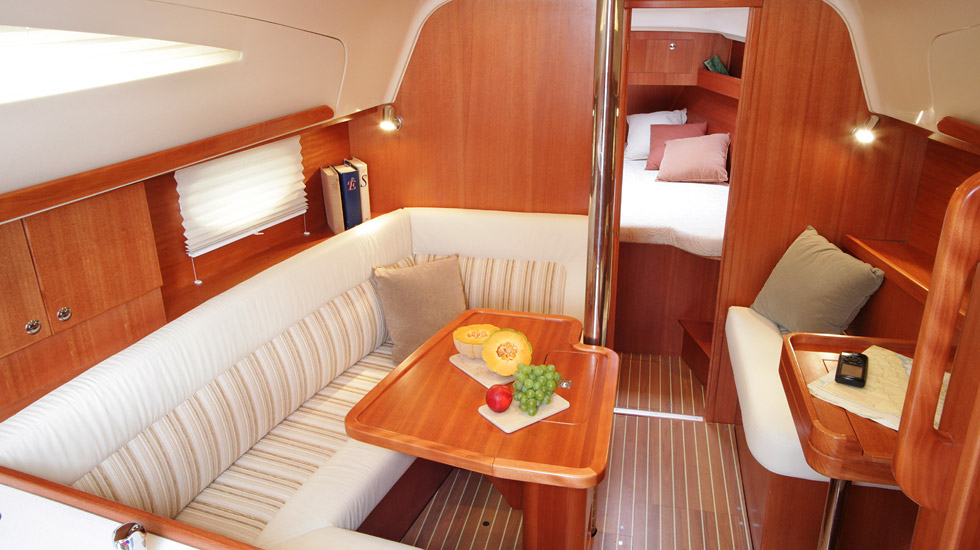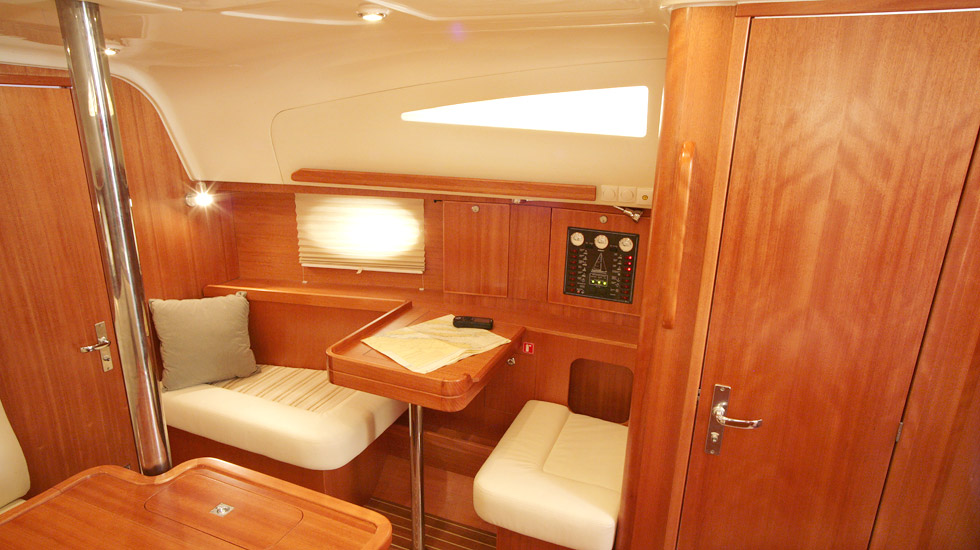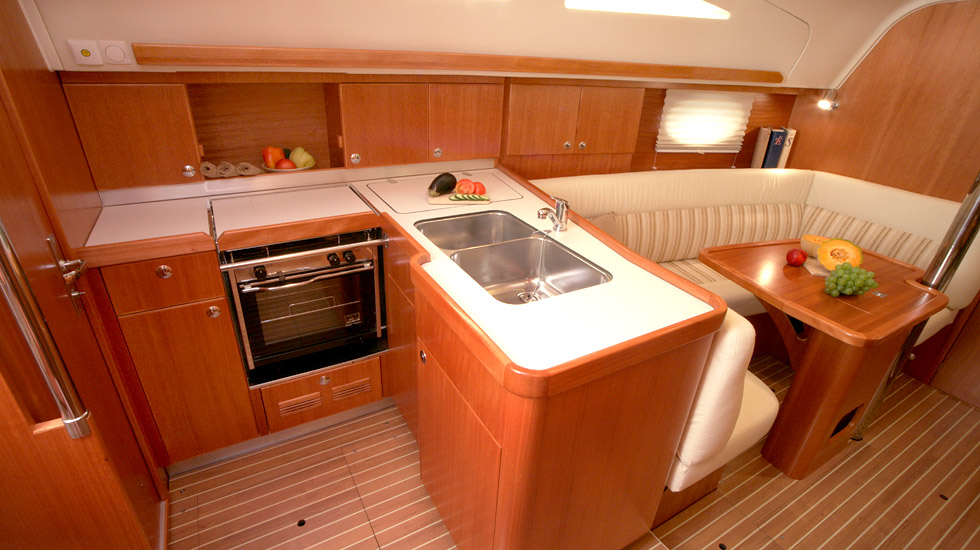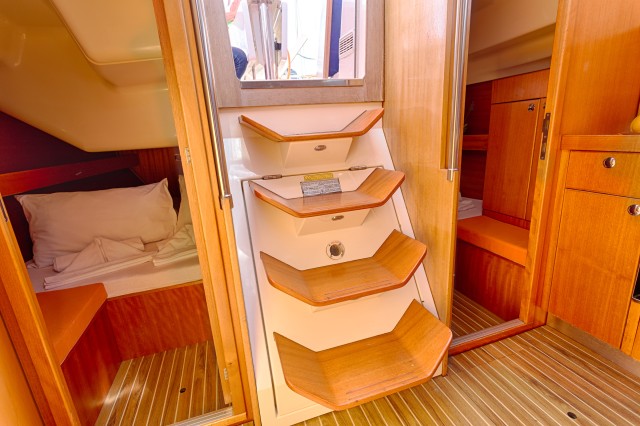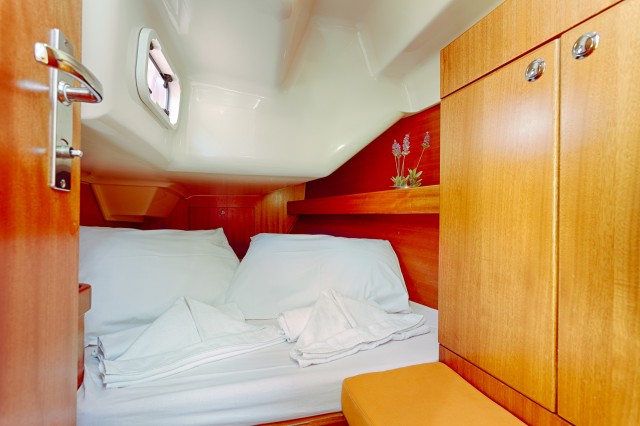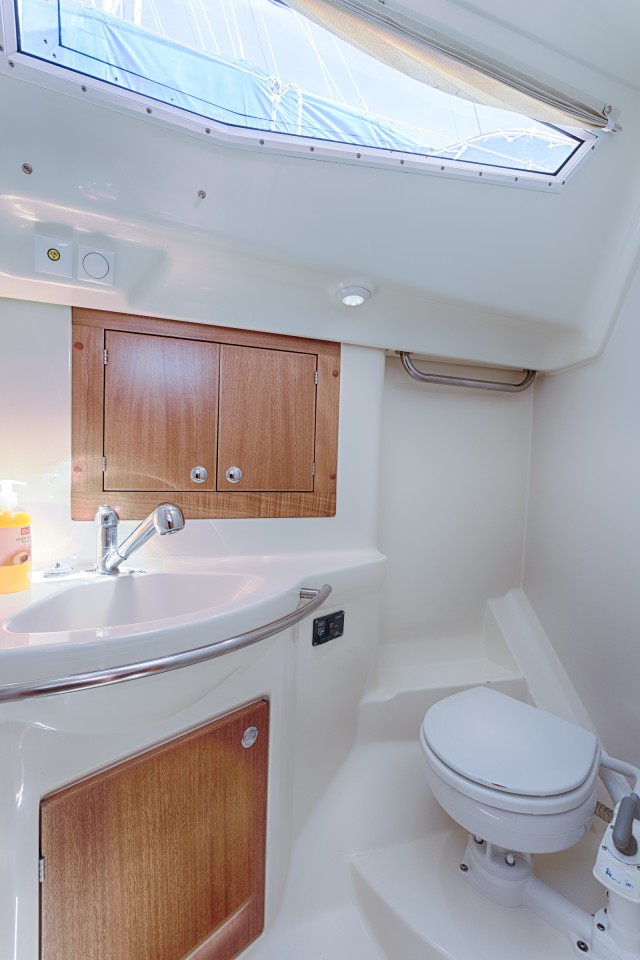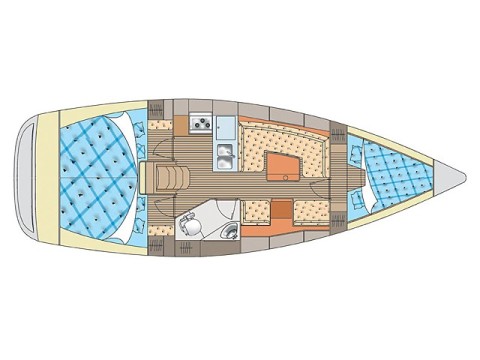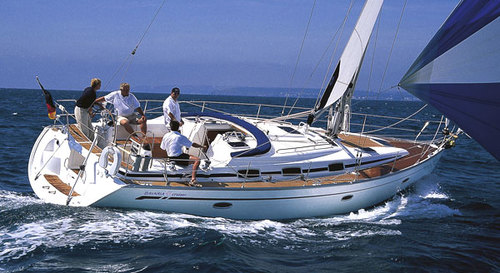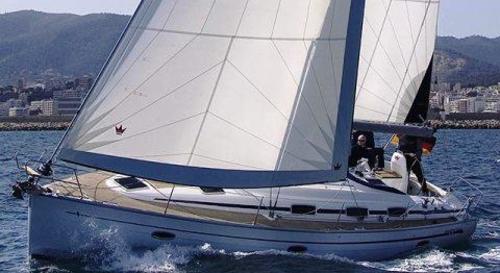GENERAL TERMS OF BUSINESS
1) Charter Price:
The charter price includes use of the yacht and its equipment, as well as any extras and additional costs listed in the charter contract. Not included in the price are port and other fees, nor fuel, gas, water and any costs necessary for the correct operation and upkeep of the yacht during the period of the charter.
Basically, the applicable prices are the charter operator’s current price lists which were notified to the charterer before conclusion of the charter contract. In the case where the charter company is acting only as an intermediary, the charter company is committed to price-rises on the part of the operator/owner concerned; such price-rises may arise even after issuance of the charter company’s price lists relevant at the time.
In those cases where prices are raised by the yacht-owner/operator, the charterer undertakes to pay also this higher price. The charterer has the right to withdraw, in writing, from the contract within 14 days without this entailing any claim for compensation on the part of the charter company.
In the case of a subsequent reduction in price owing to factors associated with the ship-owner or the supplier, the charter company undertakes to pass on such a price-reduction in full to the charterer.
Similarly, the same applies if taxes, fees or duties included in the charter price increase or decrease without the charter company having any influence on this and/or having itself influenced these changes.
Trivial variations between the yacht’s equipment and any equipment or inventory list supplied do not entitle the charterer to price-deductions if these variations are acceptable to the charterer. In particular, this applies only where all items of equipment which are required for the safety and seaworthiness of the yacht are in place.
2) Journey to start point:
The journey to the start of the charter is not a part of this booking. If the start of the charter is delayed due to the late arrival of the charterer or a member of his crew, no claim for reimbursement of costs will be entertained.
3) Cancellation policy:
If the charterer withdraws from the contract, the following cancellation costs (proportionate to the charter price) apply. For services which are also cancelled as a result of the cancellation of the charter, no cancellation costs are calculated. For cancellations up to 90 days before the start of the charter, the cancellation fee is % of the total charter price. For cancellations from the 90th to the 61st day before the start of the charter, the cancellation fee is 75 % of the total charter price. For cancellations within the final 60 days before the start of the charter, the cancellation fee is 80% of the total charter price.
The time period for which this booking was made can be changed only by agreement with the operator and in accordance with what is feasible. Mutually-agreed changes to the booking are possible at any time.
Missing items of measuring equipment, or inaccurate descriptions of the same, give no entitlement not to begin, or to break off, the charter, or to financial or other compensation claims, if correct navigation is possible by using classic navigation methods, and the safety of neither the ship nor the crew is endangered.
If the operator is unable to make available the yacht, or a suitable replacement (by which is meant a yacht of a type similar in size and equipment to the originally-chartered yacht) by, at the latest, 24 hours after the agreed time (in the case of weekly charter contracts) or 48 hours (in the case of charter contracts for more than one week), the charterer has the right to cancel the booking. In this case, the operator must repay any payments made by the charterer. No further claims on the part of the charterer may be entertained unless this circumstance (delay by the charter company in fulfilling the contract) is attributable to the latter by reason of deliberate act or gross negligence. If it is already clear, before the start of the charter, that the yacht will not be available at the time agreed, then the charter company undertakes to inform the charterer of this fact as soon as it becomes aware of it. In this case, the charterer may withdraw from the booking before the start of the charter. Any payments made up to that point will be refunded to the charterer.
4) Acceptance/handover of the yacht:
The operator undertakes thoroughly to instruct the charterer/skipper in the use of the yacht when the yacht is handed over, by means of a joint check of all technical functions and a check of all items of equipment using a checklist. Handover of the yacht requires an exact inventory and is deemed to have been completed when the charter fee has been paid in full, the deposit has been lodged and the inventory has been signed by the charterer. With the exception of hidden defects, of which, through no fault of their own, the contracting parties could not have been aware when the yacht was handed over, the charterer’s signature on the checklist confirms that he accepted the yacht in good, seaworthy condition, with a full tank (fuel) and in accordance with the provisions of the contract. Equally, after the end of the charter, the yacht must be handed back with a full tank by the charterer.
5) Insurance and excess:
The insurance premium (third-party liability and fully-comprehensive insurance) is included in the charter price. The insurance does not cover accidents to additional passengers or damage to their personal effects. The insurance in the case of damage is payable only where there is neither gross negligence nor intent, and where the payment obligation is recognised by the insurance.
6) Use of the yacht, obligations, damages:
The charterer, or the skipper nominated by him, undertakes:
1. To embark only the maximum permitted number of persons, and to notify the competent authorities of any change to the crew
2. Not to use the yacht either for any commercial purpose, or for transportation or carrying of passengers, or for commercial fishing, or to re-charter the yacht
3. Not to participate in any races or regattas without the written agreement of the charter company/operator
4. To maintain the logbook, including meteorological records of weather reports and the actual weather situation
5. On a sailing yacht, not to leave the motor running when the ship is sailing at an angle, and to sail under engine-power only as long as this is necessary
6. To observe, as far as possible, the relevant safety at sea regulations as well as the regulations applying to the local area
7. The charterer/skipper is liable to the operator in respect of any third-party claims in connection with the use of the yacht that were caused by him either deliberately or as a result of gross negligence
8. The charterer/skipper acknowledges that he has had his attention expressly drawn to this obligation for compensation
9. The charterer is liable in accordance with the provisions of the ABGB (Allgemeines Bürgerliches Gesetzbuch, Austrian General Business Conditions Law) for third-party claims which are made against the operator/charter company on the grounds of simple or ordinary negligence on the part of the charterer
10. The charterer/skipper acknowledges that he has had his attention expressly drawn also to this obligation for compensation which is, in principal, possible
11. In the case of damage to the yacht caused by normal material wear and tear, the charterer is entitled to have repairs or replacement carried out if the total sum involved does not exceed 150.00 Euro. This expenditure will be repaid at his return upon presentation of the invoice if the damages were not caused by a mistake or negligence on the part of the charterer or his crew. Any parts replaced must be kept.
12. For larger-scale damage, such as accidents, possible delay to the return at the agreed end of the charter, loss or lack of manoeuvrability of the yacht, the operator is to be informed without delay. The charterer must do everything appropriate to minimise the damage and consequential damage, and, in consultation with the operator, order, document and supervise any necessary repairs and advance any payments. Entitlement to reimbursement remains unaffected by this. The charterer must also complete a damage form and have this endorsed by the competent authorities if this can be done locally. If the charterer does not fulfil these formalities, he may be required to pay compensation or become liable if this culpable breach causes losses to the operator/charter company. This applies to the seizure of the yacht due to the fault of the charterer/skipper. If there is reason to suspect damage to the part of the yacht below the water-line, the charterer must make for the nearest harbour and have the matter investigated, at his own cost, by a diver, cranes or by hauling-up. In the case where there is damage to the part of the yacht below the water-line, for which the charterer/skipper is not responsible, the costs arising from this will be paid by the operator.
13. Theft of the yacht or its equipment must be reported to the nearest police station.
14. Changes to the yacht and its equipment may not be made, unless this is absolutely necessary to repair damage.
*Animals may be taken on board only with the operator’s consent and in compliance with locally-applicable laws.
7) Handing back of the yacht:
The charterer must return to the harbour, and at the time, agreed in this charter contract, unless another, different agreement has been made in writing. When carrying out time-planning, bad weather or other adverse circumstances must be taken into account. If the charterer/skipper cannot himself bring the yacht back for the reasons above, he must inform the operator. In the case where the charterer/skipper, due to non-observance of the above instructions, is responsible for the delay, he must have the yacht brought back, at his own cost, by a person nominated by the operator.
1. Each day’s delay attracts a compensation charge of up to twice the daily rate of the charter fee.
2. After return, the charterer must agree a deadline for handing back the yacht. Time for cleaning and inventory is part of the rental period specified in the booking.
3. If the so-called final clean is included in the charter price, this implies that the charterer must hand over the yacht “swept clean” and with clean crockery.
4. It is expressly stated between the contracting parties that the deposit to be paid at the start of the charter for the amount of the excess of the fully-comprehensive insurance of the ship serves to cover damage, losses or any loss of value culpably caused by the charterer or his crew. If the yacht and its equipment are handed back in good condition, clean, complete and with a full tank (fuel), the deposit paid will be refunded to the charterer. A form will also be completed for this purpose, or the fact of the refund noted on the checklist, which is binding upon signature by charterer and operator.
5. If repairs are required, the charterer, after consultation with the operator, must return sufficiently early as to allow the repair to be effected before the start of the next charter
6. If the damage to the yacht, or the loss of items of equipment, is covered by the insurance contract, the handing back of the deposit will be delayed until the replacement payment has been made by the insurance. If the damage to the yacht or the loss of items of equipment was caused culpably by the charterer, reimbursement is effected after deduction of the excess and all additional costs caused by the case of damage. Further reciprocal claims by the contracting parties in accordance with applicable Austrian law remain unaffected
8) Provisos of the operator/charter company:
The operator reserves the right to restrict the cruising-area in the event of unsafe or unusual navigational conditions or to impose a prohibition on night-time sailing. He declines any responsibility for non-observance of these restrictions by the charterer/skipper.
9) Legal provisions to be observed:
For all disputes arising from the charter contract, it is agreed that Austrian law will apply. If the charter company is operating as an agency, it is acting as an intermediary between charterer and operator and is liable only in the context of the tasks and responsibilities of an intermediary. In the event where the charter company is not the operator or ship-owner, the charter company must expressly inform the charterer of this fact. This must be set out in suitable written form on the booking/charter contract. Compensation claims on the part of the charterer that arise under this arrangement against the charter company are not affected by that arrangement.
